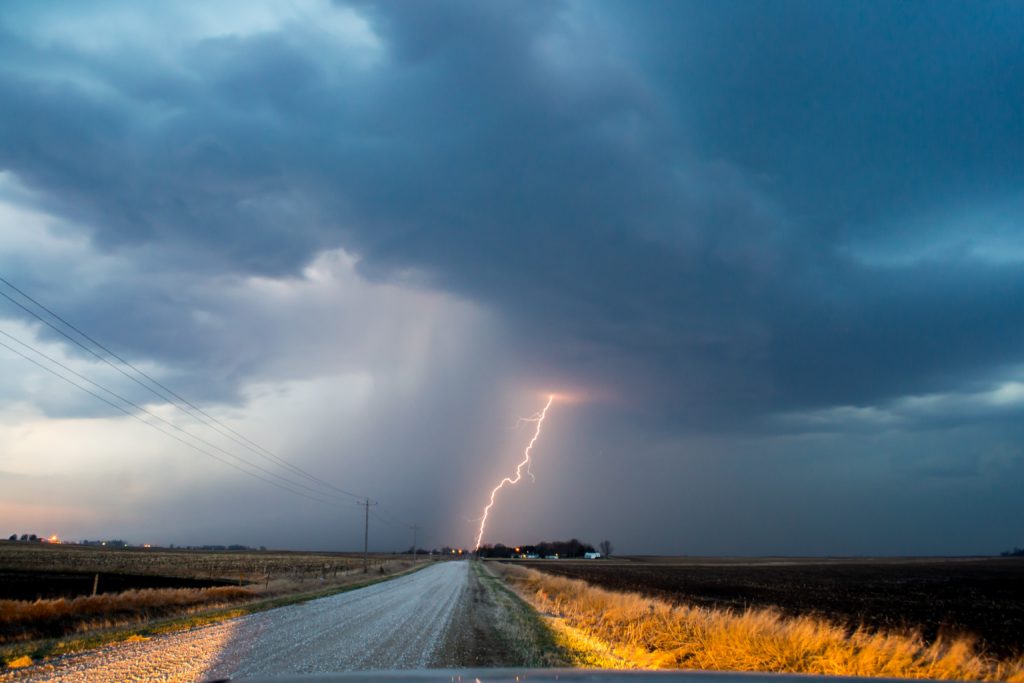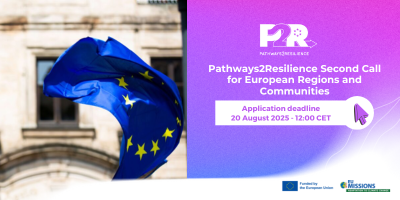Guest article by Susana Rivero Baughman, Foreign Affairs and Cooperation Advisor, Secretary for Environment and Sustainability, Government of Catalonia
Catalonia celebrates the 5th anniversary of the RegionsAdapt
On 12 December 2015, 196 Parties to the UN Framework Convention on Climate Change adopted the Paris Agreement marking a historic turning point for global climate action. This new global framework recognised, among others, the crucial need for a balanced approach between mitigation and adaptation, as well as the vital role of multi-level climate governance. In this context, RegionsAdapt was born during COP21, as the first global initiative for subnational governments to develop climate adaptation plans and report on their progress.
As we celebrate its fifth anniversary and the initial results of this meaningful achievement, we should look back as we move forward. When Catalonia and Rio de Janeiro State started formulating the RegionsAdapt initiative, we did so in the conviction that the time had come for subnational governments to play a major role in climate action, specially in adapting to climate impacts and in reducing the vulnerability of our respective jurisdictions and communities.
Since 2015, around 30 regional governments from 15 countries – accounting for more than 233 million inhabitants – have successfully disclosed information on their main climate risks and adaptation actions year by year. This evidence shows that all of them face significant physical risks (more frequent rainfall or draughts, heat waves or coastal erosion), as well as socio-economic impacts (increased prevalence of disease, risks to already vulnerable people or economic loss) due to climate change.
The seriousness of these risks as well as the high probability to experience them all in the medium-term, clearly indicate that adaptation strategies and actions are inevitable. Most of the regional governments that reported in 2020 identified this need and have already adopted an adaptation plan (68%) or are in progress of developing one (21%), having already reported over 230 adaptation actions.

Not adapting to climate change will mean paying a higher price
Catalonia took the lead in 2012 when adopting the Adaptation Strategy 2013-2020. Encouraged by being a founding member of RegionsAdapt, our Government evaluated in 2017 the adaptation measures being implemented and adopted a review of the Strategy. Later that same year, the Parliament of Catalonia passed with a very large majority a Climate Change Law. Nowadays, we have initiated the participatory process for the new Adaptation Strategy 2021-2030.
We are very aware of the profound and urgent changes that are now needed if we are to halve emissions in a decade, which is crucial to reach climate neutrality in 2050. And therefore, we call all UN Members States to put in place the political will, the resources, and the policy changes it will take to achieve this while adapting to a warming planet.
We call for much greater climate action and ambition; more ambitious and high-quality climate adaptation plans and policies, new and more ambitious Nationally Determined Contributions (NDCs), and long-term net-zero emissions strategies. We call as well for COVID recovery plans; new finance commitments and measures to limit global warming to 1.5°C and to support the most vulnerable as we strive to achieve a resilient world.
The RegionsAdapt is clearly on the right path: strategic cooperation, capacity building and knowledge exchange have yielded a powerful alliance that offers knowledge sharing and action to ensure effective adaptation.
Such cooperation is unique and demonstrates what can be accomplished if we work together towards a common goal. RegionsAdapt still has a long way to go as regions pave the way for a resilient future, developing collective standard indicators in adaptation and reflecting that the territories that do not adapt to climate change, will indeed pay a much higher price.
I wish a long life to RegionsAdapt and to become consolidated as the global hub of leading regions delivering and reporting adaptation actions every year to effectively reduce the vulnerability of our communities, while working collectively to achieve the global climate goals.



